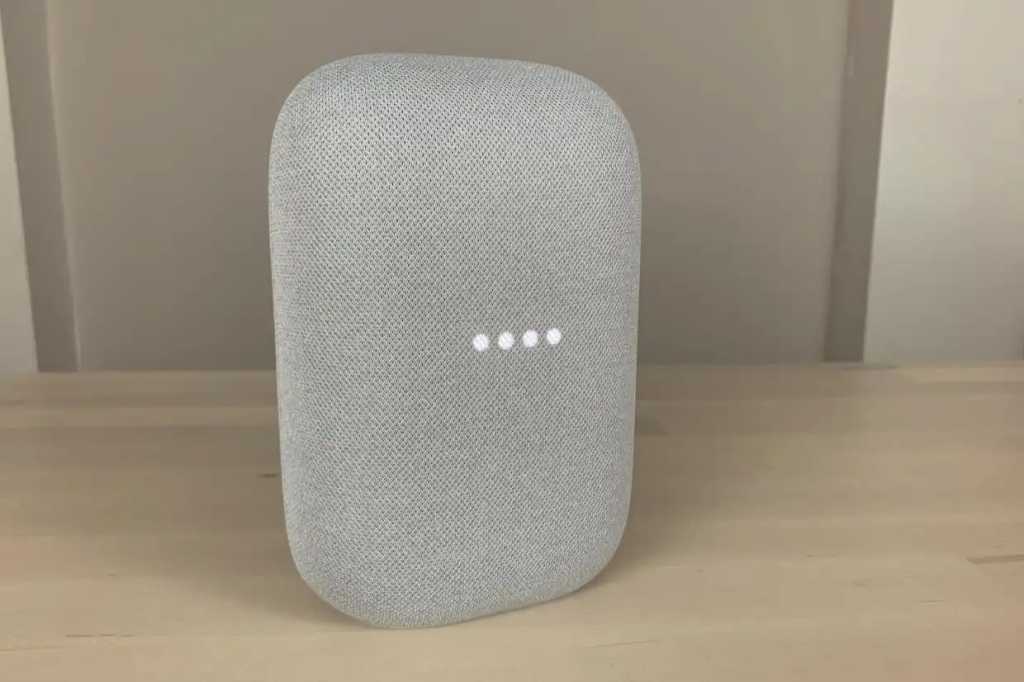Nest and Chromecast users will reap almost immediate benefits from Google’s recent legal win over Sonos, with Google announcing that it will roll back restrictions blocking certain Nest and Chromecast devices from joining more than one speaker group at once.
In a post on its Nest community site, Google said an update that initiates the rollback will begin “immediately,” and that the changes should go live in the Android version of the Google Home app within “48 hours,” followed “soon” by the Google Home app for iOS.
Google’s move comes soon after a federal judge in California tossed a $32.5 million verdict in favor of Sonos, with the U.S. District Judge WIlliam Alsup ruling that Sonos’s patent claims against Google were invalid, Reuters reports.
The legal spat between Google and Sonos has been going on for years, and it led to Google making a series of changes to how its Nest speakers operate to comply with various past court rulings in the patent fight.
Early last year, for example, Google disabled the universal volume slider for speaker groups, forcing users to adjust the volume settings for each speaker in a group individually. Google also blocked the ability to use the physical buttons on a phone to change the volume of speaker groups.
More recently, Google implemented new limits on speaker groups–specifically, it restricted a number of Nest speakers and Chromecast devices from joining more than one Google speaker group at a time.
But with last week’s federal court ruling that vacated the $32.5 million verdict against Google, the tech giant is now undoing those new Google speaker group restrictions, which applied to such devices as the second-gen Google Nest Mini, the Nest Audio, the second-gen Nest Hub and Nest Hub Max, the Nest Wifi, the Pixel Tablet, and the Chromecast with Google TV (both the 4K and HD versions).
It’s not clear when or if Google will also loosen restrictions on volume controls for its speaker groups.
In a statement, Google called Judge Alsup’s ruling “good news for our users who will once again be able to seamlessly group and integrate Google smart speakers.”
Google also took a swipe at Sonos and its “years-long, misleading campaign against helpful features in our Google Home devices and smart speaker devices on spurious groups.”
It seems this won’t end the dispute between the two tech companies. In response to our emailed inquiry, a Sonos spokesperson said “Judge Alsup’s ruling invalidating the jury’s verdict is wrong on both the facts and law, and Sonos will appeal. The same is true of earlier rulings narrowing our case. While an unfortunate result, it does not change the fact that Google is a serial infringer of our patent portfolio, as the International Trade Commission has already ruled with respect to five other patents. In the end, we expect this to be a temporary setback in our efforts to hold Google financially accountable for misappropriating Sonos’s patented inventions.”


